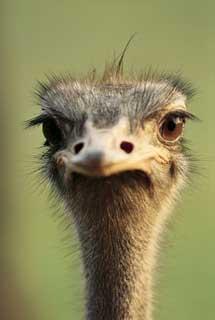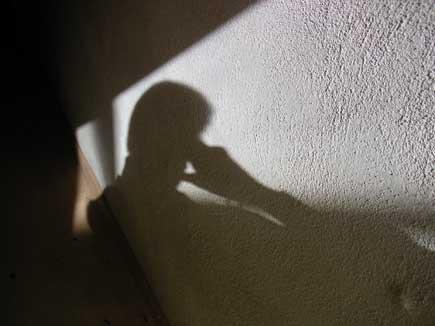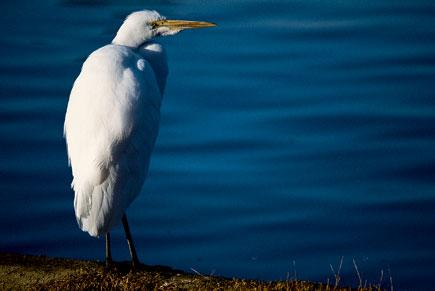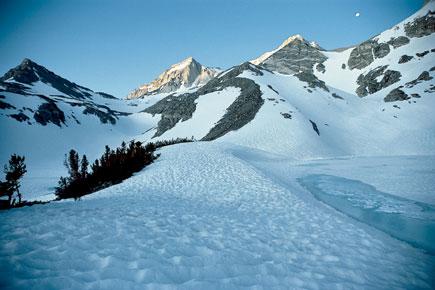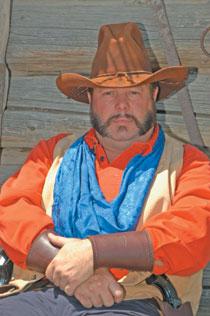The Editors
|
Aug 01, 2007
|
Dec 01, 2006
|
Dec 01, 2005
|
Mar 01, 2005
|
Feb 01, 2005
|
Jan 01, 2005
|
Dec 01, 2004

